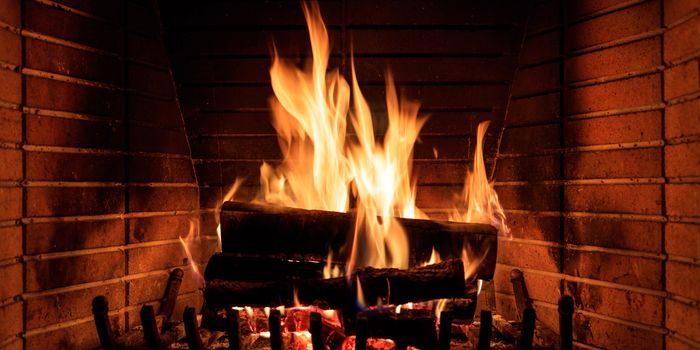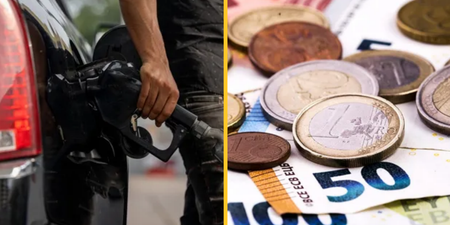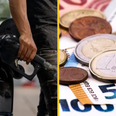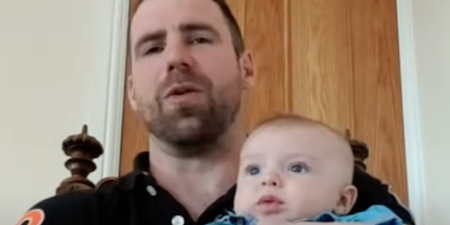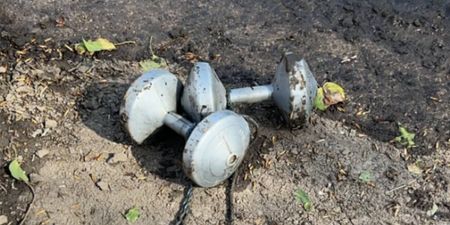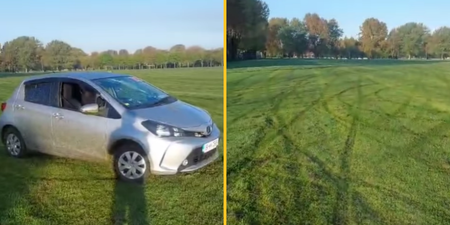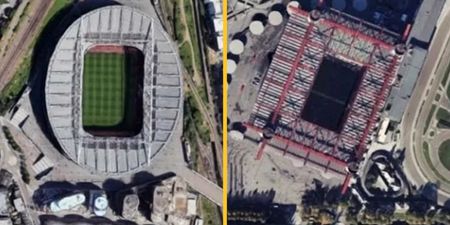You’ve been warned.
Over 600,000 households are set to be hit with an increase in the carbon tax from tomorrow, 1 May.
The carbon tax is a charge applied to carbon-emitting fuels such as coal, peat, oil and natural gas.
The tax was raised by €7.50 to €33.50 per tonne of CO2 in last October’s budget, though the increase was postponed until May on home heating fuels.
The new charge will work out at close to 0.69c, including VAT, for every kWh of gas used, according to comparison and switching website Bonkers.ie.
Considering the average Irish household uses 11,000 kWh of gas every year, the increase in the carbon tax will add an additional €17 to the average household’s annual natural gas bill, bringing it to €76 in total.
However, those in homes with three or more bedrooms or with a poor building energy rating (BER) are likely to pay more.
The tax increase will also add around 79c to a 40kg bag of coal, 17c to every bale of briquettes and €19 to every fill of a 900-litre home heating oil tank.
The tax already adds around 8.5c to every litre of petrol and diesel but does not apply to electricity.
Head of Communications at Bonkers.ie Daragh Cassidy said: “With all that’s going on right now due to Covid and with hundreds of thousands of people still struggling on the PUP, this tax increase won’t be welcomed by many.
“What’s more, gas prices have been increased by several supplies in recent weeks by up to 6.5%, meaning it’s a real double whammy.
“There is still some debate as to whether a carbon tax is effective at reducing CO2 emissions by households given people still need to heat their homes and use energy for the most basic of day-to-day tasks.
“However, one thing that we do know is that the tax has raised around €4 billion since it was first introduced and many hard-pressed Irish consumers will be asking themselves where that money has gone and what environmental initiatives have been achieved since the tax was first introduced.
“There is also concern that it affects those on lower incomes the most.”
In terms of offsetting the tax and price increases, the easiest thing for gas customers to do is to switch supplier, according to Cassidy.
He explained: “Customers who switch can get discounts of up to 40% from their new supplier for an entire year, which would more than negate the increases.
“Investing in a retrofit and looking for ways to make your home more energy efficient is also an option and is one of the ultimate aims of the carbon tax in the first place.”
Introduced in 2010, the carbon tax is intended to reduce carbon dioxide emissions and is part of Ireland’s strategy to support a greener and cleaner environment.
LISTEN: You Must Be Jokin’ with Aideen McQueen – Faith healers, Coolock craic and Gigging as Gaeilge
